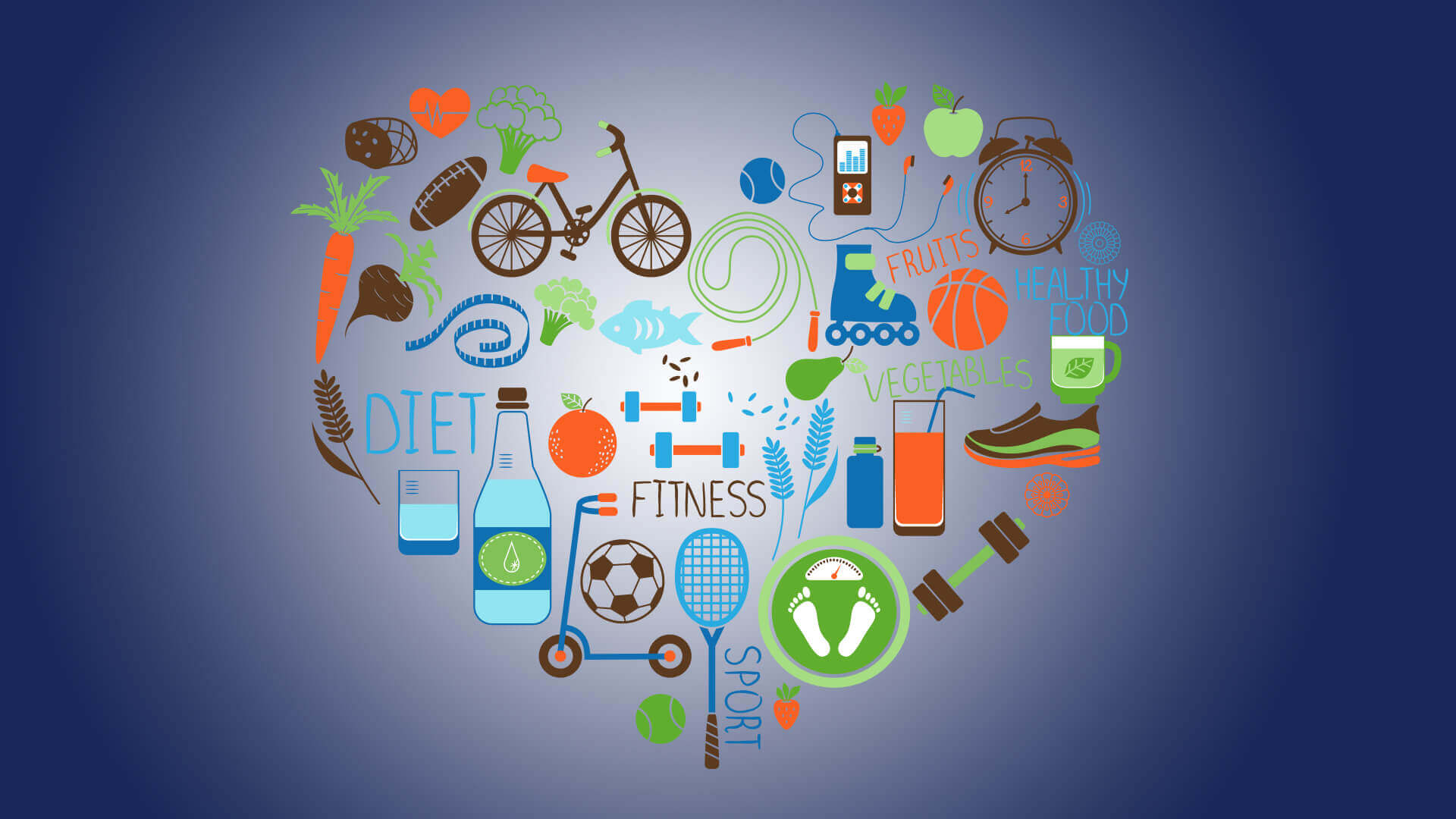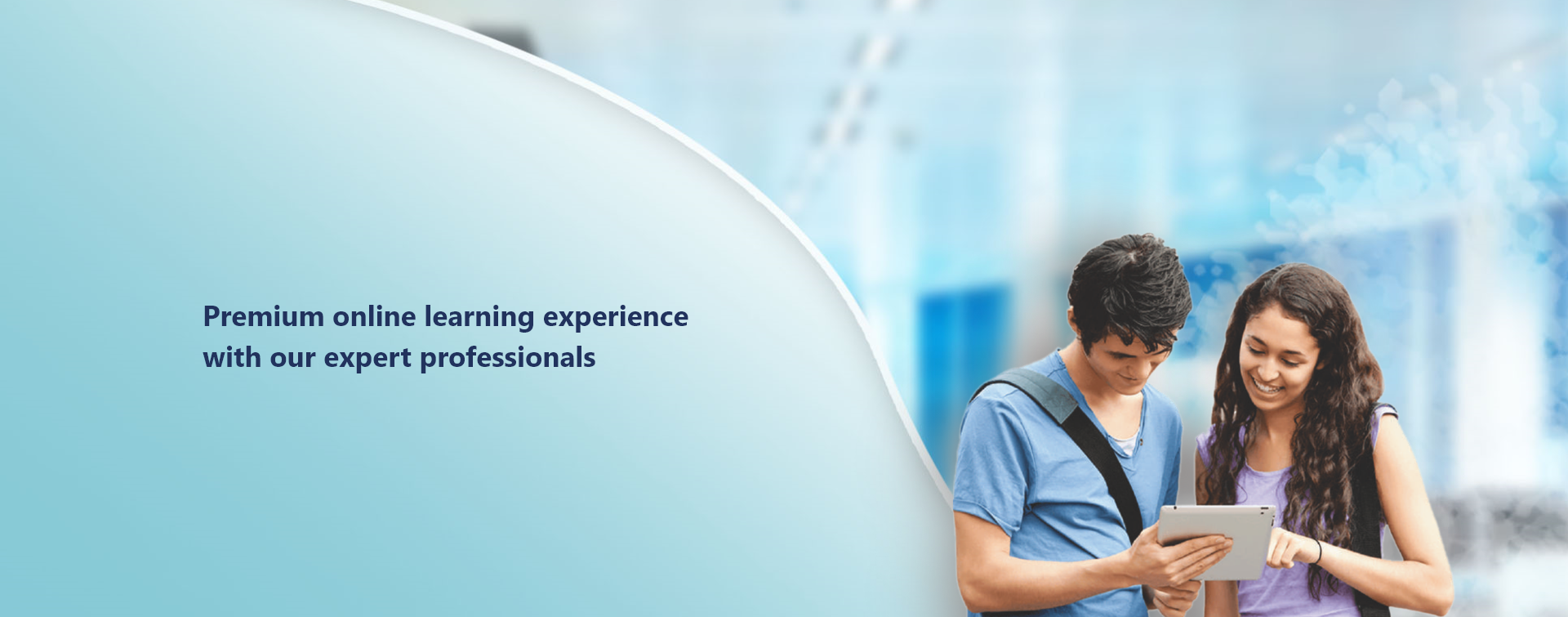Healthy Active Living Education,Grade 9th,Open (PPL1O)


-
Name:Healthy Active Living Education,Grade 9th,Open (PPL1O)
-
Grade:Grade 9th
-
Prereq:None
-
Code:PPL1O
-
Type:Open
-
Credit Value:1
-
Develop Date:2021-05-01
-
Course Price:CAD $1300
-
Status:Active
Course Description:
This course equips students with the knowledge and skills they need to make healthy choices now and lead healthy, active lives in the future. Through participation in a wide range of physical activities, students develop knowledge and skills related to movement, competence and personal fitness that provide a foundation for active living. Students also acquire an understanding of the factors and skills that contribute to healthy development and learn how their own well-being is affected by, and affects, the world around them. Students build their sense of self refers to your perception of the collection of the characteristics that define you. Learn to interact positively with others, and develop their ability to think critically and creatively.
Aims and Objectives:
- Equip students with the skills necessary to perform a variety of physical activities with understanding.
- Impart knowledge on how to develop and maintain physical fitness.
- Develop positive self-esteem through body awareness and control.
- Encourage regular participation in physical activity.
- Impart an understanding of the implications and benefits of an involvement in physical activities.
- Enable students to observe safety skills and habits.
- Develop the students’ appreciation of concepts of fair play and good sportsmanship.
- Develop students’ understanding and application of critical thinking skills to PE.
- Appreciate and understand the value of physical education and its relationship to a healthy, active lifestyle.
- Work to their optimal level of physical fitness.
- Become aware of movement as a creative medium connected to communication, expression and aesthetic appreciation.
- Develop the motor skills necessary to participate successfully in a variety of physical activities.
- Experience enjoyment and satisfaction through physical activity.
- Develop social skills that demonstrate the importance of teamwork and cooperation in group activities.
- Demonstrate a high level of interest and personal engagement showing initiative, enthusiasm and commitment.
- Show knowledge and understanding in a variety of physical activities and evaluate their own and others’ performances.
- Demonstrate the ability to critically reflect upon physical activity in both a local and intercultural context.
- Demonstrate the ability and enthusiasm to pass on to others in the community the knowledge, skills and techniques that have been learned.
- Develop an active and healthy lifestyle.
- Provide students with awareness about the significance of physical health.
Expectations:
- Knowledge and Understanding
Throughout this course, students will:
- Demonstrate an understanding of the principles and concepts related to a variety of physical activities.
- Understand the importance of physical activity to a healthy lifestyle.
- Recall and understand the various components that contribute to health-related fitness.
- Movement Composition
By the end of this course, students will:
- Compose and communicate meaning and ideas through movement.
- Display acquired motor skills necessary to perform a variety of physical activities.
- Apply tactics, strategies and rules in both individual and group situations.
- Use movement concepts appropriately in relation to themselves, others and their physical environment.
- Apply health and fitness principles effectively through a variety of physical activities.
- Social Skills
Throughout this course, students will:
- Work cooperatively and respect themselves and their social and physical environment.
- Support and encourage others (towards a positive working environment).
- Develop attitudes and strategies that enhance their relationship with others and show sensitivity to their own and different cultures.
- Personal Engagement
Throughout this course, students will:
- Show initiative, creativity and a willingness to improve themselves.
- Take responsibility for their own learning process and demonstrate engagement with the activity, showing enthusiasm and commitment show self-motivation, organization and responsible behavior.
- Recognize, analyze and evaluate the effects of a variety of physical activities on themselves and others reflect upon and evaluate their own performance in order to set goals for future development.
Unit-wise Progression:
|
Unit |
Title and Subtopics
|
|
Unit 1 |
Introduction to Nutrition
-Hours: 11 |
|
Unit 2 |
Children women sports
- Hours:11 |
|
Unit 3 |
Yoga and Abilities
- Hours: 11 |
|
Unit 4 |
Physiological psychology
- Hours: 11 |
|
Unit 5 |
Medicine
- Hours: 11 |
|
Mid-Term - Hours: 2 |
|
|
Unit 6 |
Biomechanics
- Hours: 11 |
|
Unit 7 |
Tests
- Hours: 11 |
|
Unit 8 |
Training
- Hours: 11 |
|
Unit 9 |
Planning
- Hours: 12 |
|
Culminating Activity – 5 Hours |
|
|
Final Term – 3 Hours |
|
|
Total – Hours 110 |
|
Teaching/Learning Methodologies:
In PPL1O, Students will be provided with essential knowledge regarding Health and Physical Education that can prove to be helpful in maintain their physical and in-turn mental health.
Enhancing innovative skills: Through the use of case study, students are going to develop in terms of their knowledge about the significance of physical health as this will develop their critical thinking towards health issues.
- Application Strategies: Furthermore, it will allow them to develop new ideas, exercises and techniques to cope with the health issues more effectively and efficiently.
- Media Technology: The use of videos with reference to health and education will be employed to develop enhanced understanding not only of the subject content but also the ways that are and that can be applied to make practical advancements in the field.
- Variable Evaluation Strategies: Students are going to be evaluated utilizing different mediums of assessment so that every aspect of students’ understanding, thinking and performance can be analyzed.
A few of the things students will be provided are the following:
- Lesson plans
- PowerPoint presentations
- Videos
- Reading Packs
- Assignment for Learning
- Assessment of Learning
- Quiz
All of these are a cluster of downloadable and embedded files that will be provided to each candidate with the progression of the course.
E-Learning Approach:
E-learning is not only a training method but it is a learning method that is tailored to individuals. It is found that different terminologies have been used to define learning that takes place online which actually makes difficult to develop a generic definition.
E-learning includes the delivery of content via Internet, Intranet, and Extranet, satellite broadcast, audio-video tape, interactive TV and CD-ROM. The term implies that the learner is at a distance from the tutor or instructor, that the learner uses some form of technology.
With attention to this new system of education that is spreading across the globe it’s imperative that the content of such study programs are enhanced and modified to serve both the learner and the instructor well whilst dealing with the gap of conventional studying methodologies. Thus the courses promise its reader an experience full of engagement, student-concentric approach, personalization and Interaction. Using a wide array of multimedia tools, cloud based LMS and diverse repository of subject tailored audio-visual material that student can utilize and learn in a stimulated work environment where he’s in charge of his work hours.
Our e-learners paddle through these courses in the mediation of skilled mentors to the finish line with understanding of their subject’s application into real world problems following a futuristic model of education.
Strategies for Assessment and Evaluation of Student Performance:
Assessment is the ongoing gathering of information related to the individual student’s progress in achieving the curriculum expectations of the course. To guide the student to his/her optimum level of achievement, the teacher provides consistent and detailed feedback and guidance leading to improvement. Strategies may include:
- Diagnostic assessment
- Formative assessment
- Summative assessment
- Performance assessment
- Portfolio assessment
- Rubrics
- Checklists
The final grade will be based on:
|
Weightage in Percentage |
Categorical Marking Breakdown
|
|
40% |
Course Work |
|
15% |
Mid Term |
|
15% |
Culminating Activity |
|
30% |
Final Exam |
|
Assessment of Learning
|
||
|
Student Product |
Observation |
Conversation |
|
Learning Logs (anecdotal) Assignment Pre-tests (scale/rubric) Quizzes (scale/rubric) Rough drafts (rubric) Graphic organizers (scale) Peer feedback (anecdotal/checklist) Reports (rubric) Essays (rubric) Webbing/Mapping (rubric/scale) Vocabulary notebooks (anecdotal) Visual Thinking Networks (rubric) Tests (scale/rubric) Exams
|
Self-proofreading (checklist) Class discussions (anecdotal) Debate (rubric) PowerPoint presentations (rubric) Performance tasks (anecdotal/scale)
|
Student teacher conferences (checklist) Debate (rubric) Peer-feedback (anecdotal) Peer-editing (anecdotal) Oral pre-tests (scale/rubric) Oral quizzes (scale/rubric) Oral tests (scale/rubric) Question and Answer Session (checklist)
|
Resources Required by the Student:
- Microsoft Suite (Word, Excel, Power-point etc.)
- A laptop, or Mac, or Android, or any other operating system functional enough to use the web browser and use online software’s.
- Curriculum Reference: The Ontario Curriculum, Health and Physical Education.







